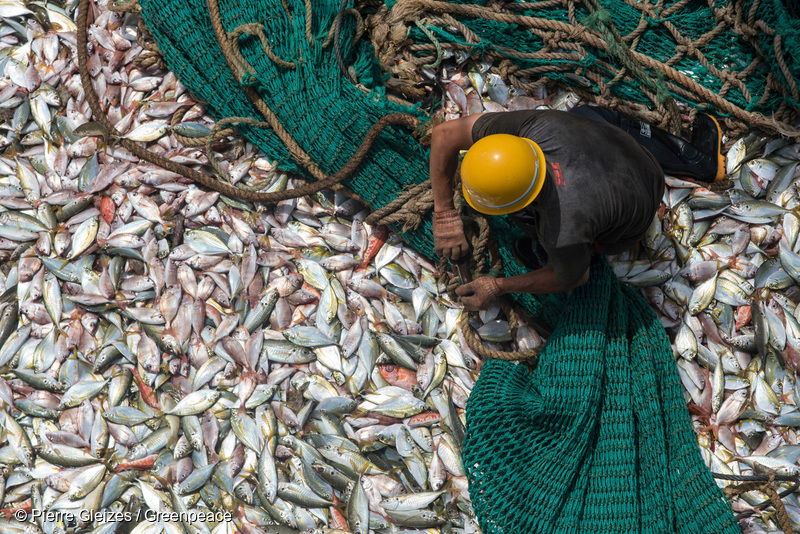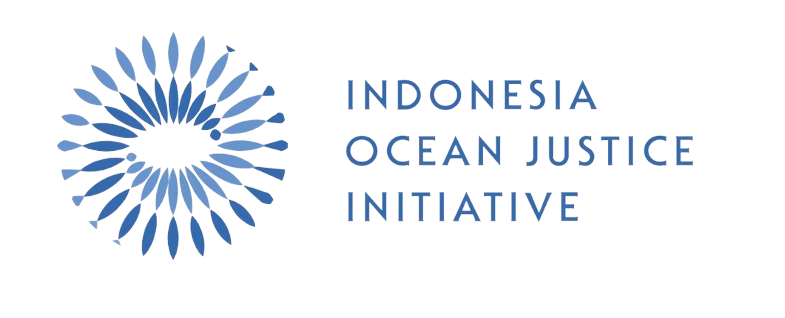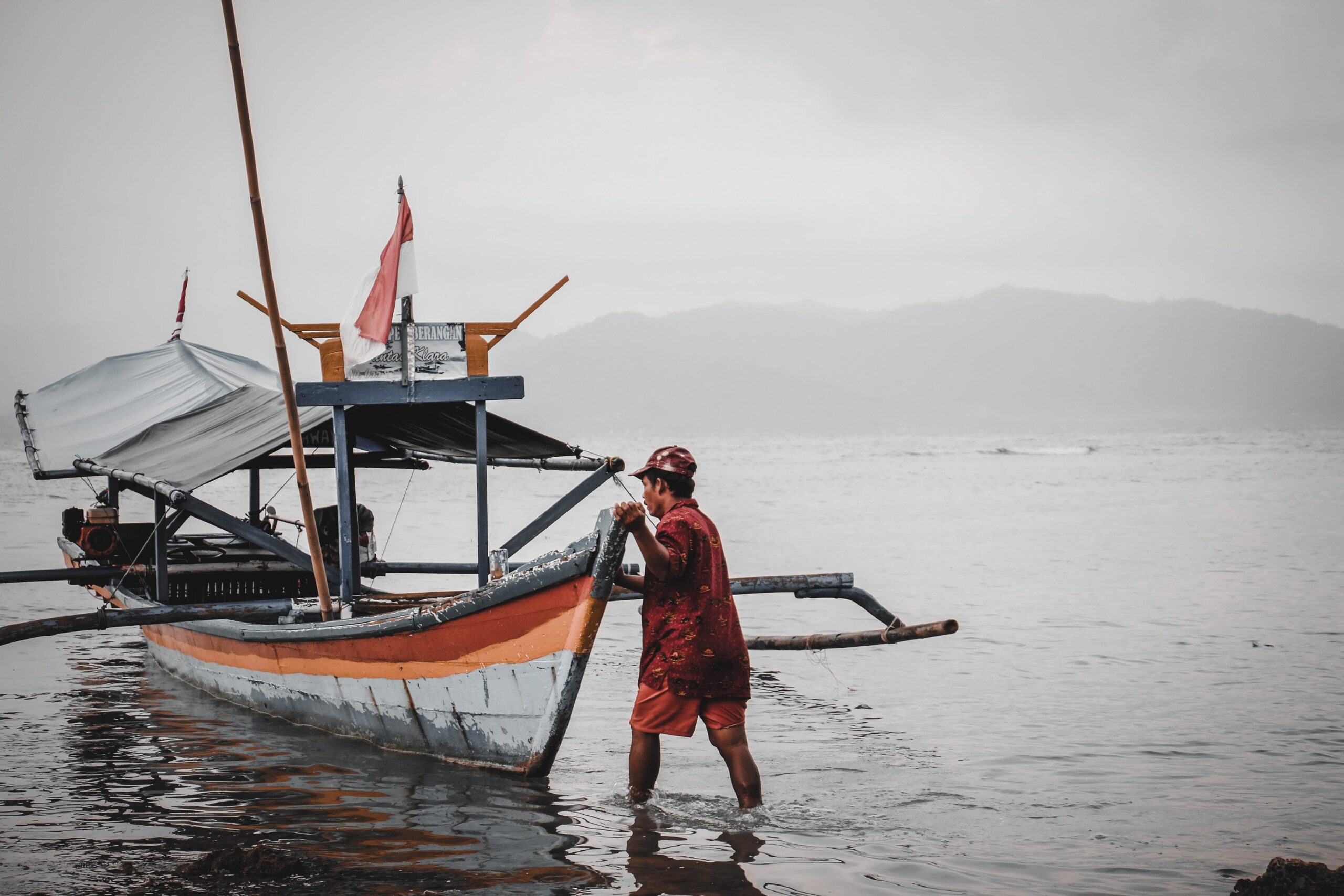Blue foods – cultivated fish, shellfish, algae and plants caught in fresh and sea water – are rich in protein and essential micronutrients that humans need. In the midst of the threat of a food crisis and the great need for nutritious food sources, unfortunately, blue foods have not yet become an integral part of the food system in Indonesia so that their optimization is not as intensive as terrestrial food sources. In fact, with its large water area, Indonesia has great potential in the production of blue foods as a primary source of protein in Indonesia. Not only that, blue foods will also help the economy of small fishermen and coastal communities because two-thirds of the total consumption of blue foods is currently produced by small fishermen and fish farmers.
IOJI is part of the team formed by the Ministry of National Development Planning/Bappenas to produce The Report of Blue Foods Assessment document. This document will later become a reference in integrating the blue food program into the preparation of the 2025-2029 National Medium Term Development Plan (RPJMN).
In this working group, IOJI conducted a specific study regarding the readiness of policies and regulations that currently exist in Indonesia for the development of blue foods.


